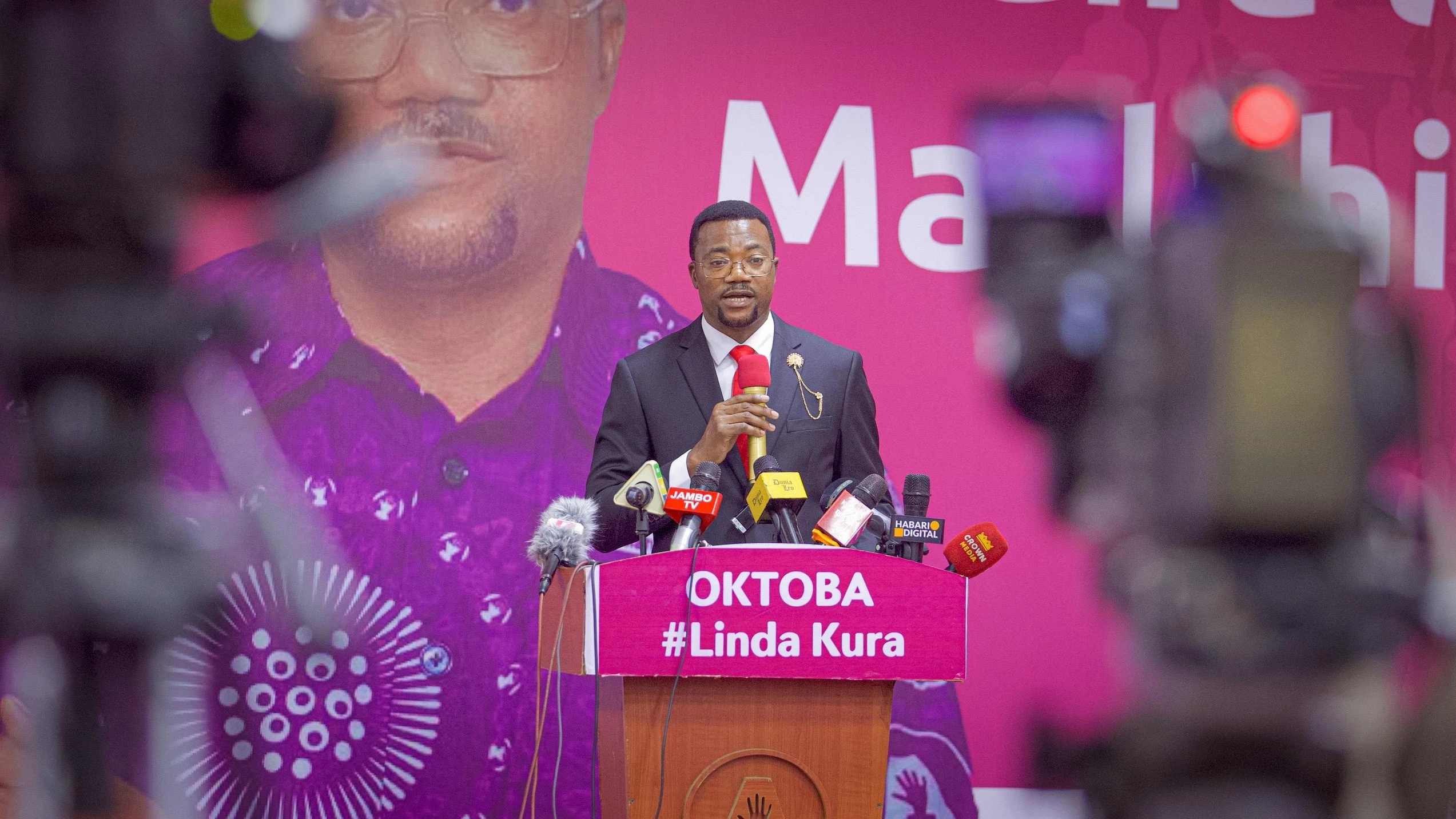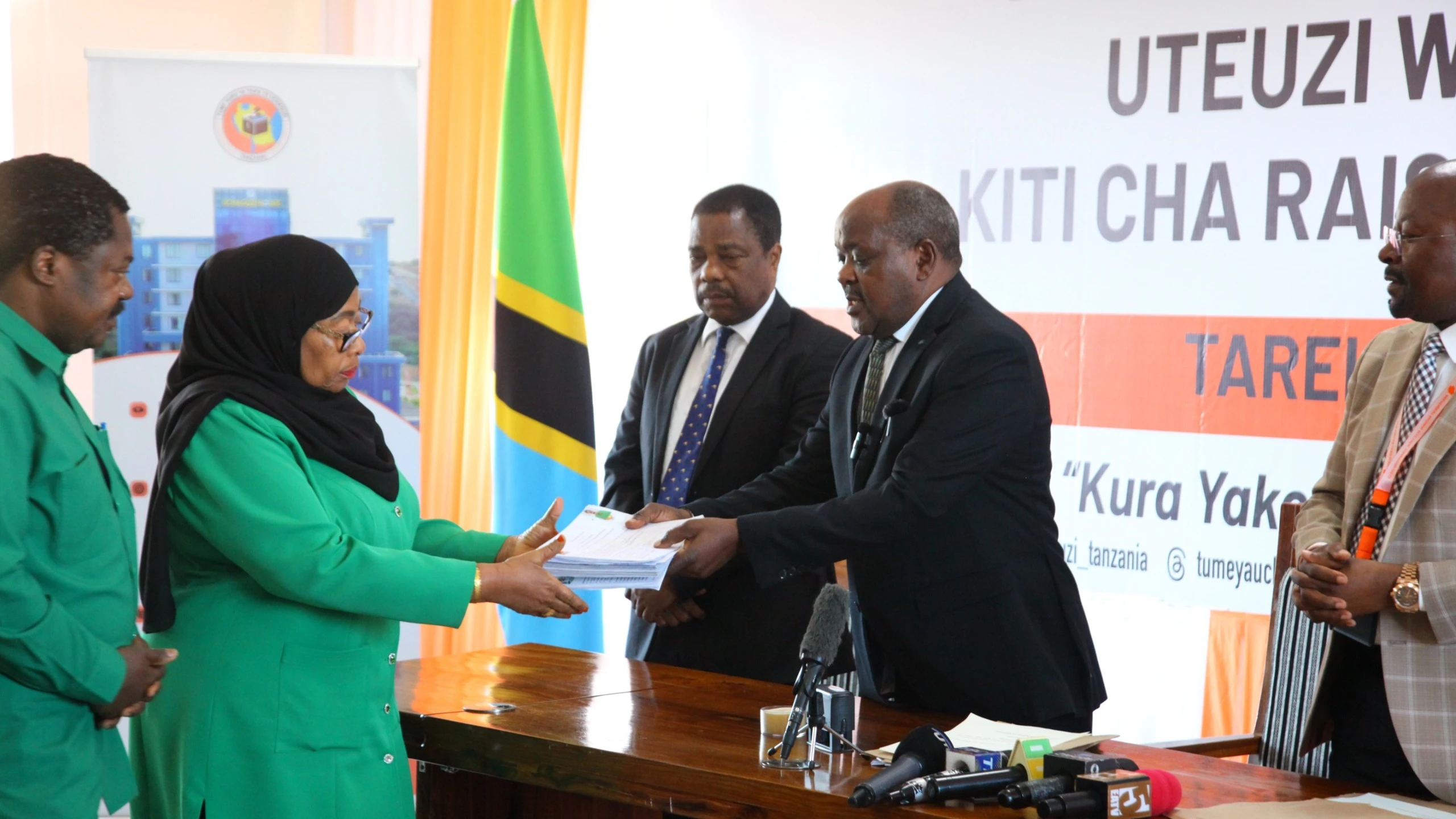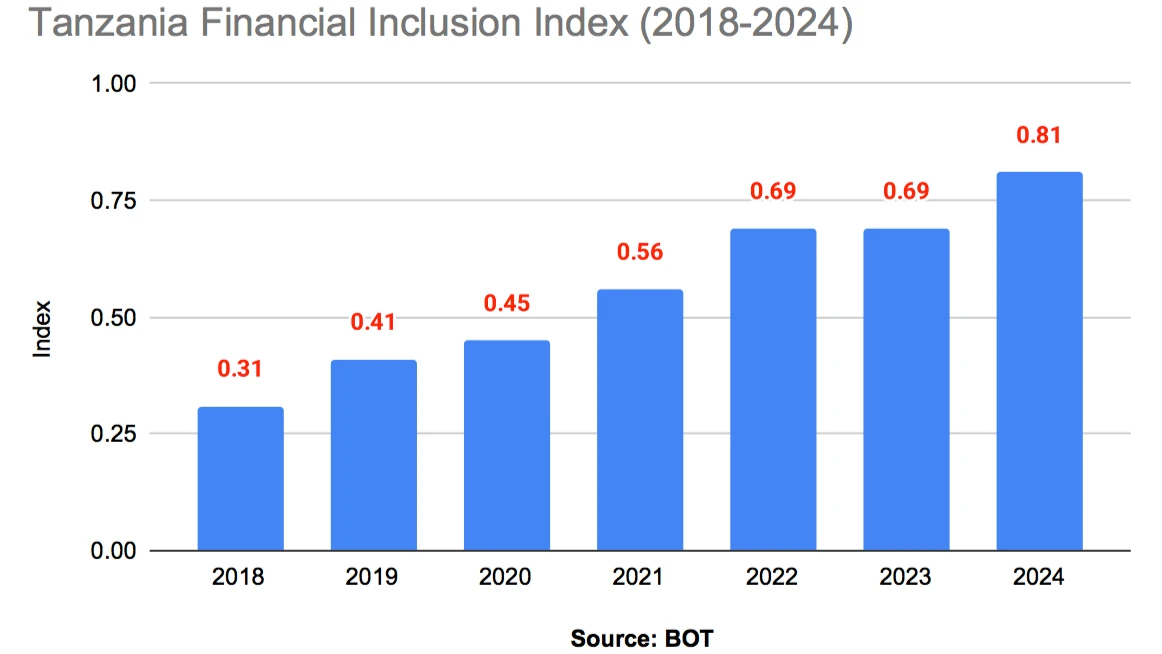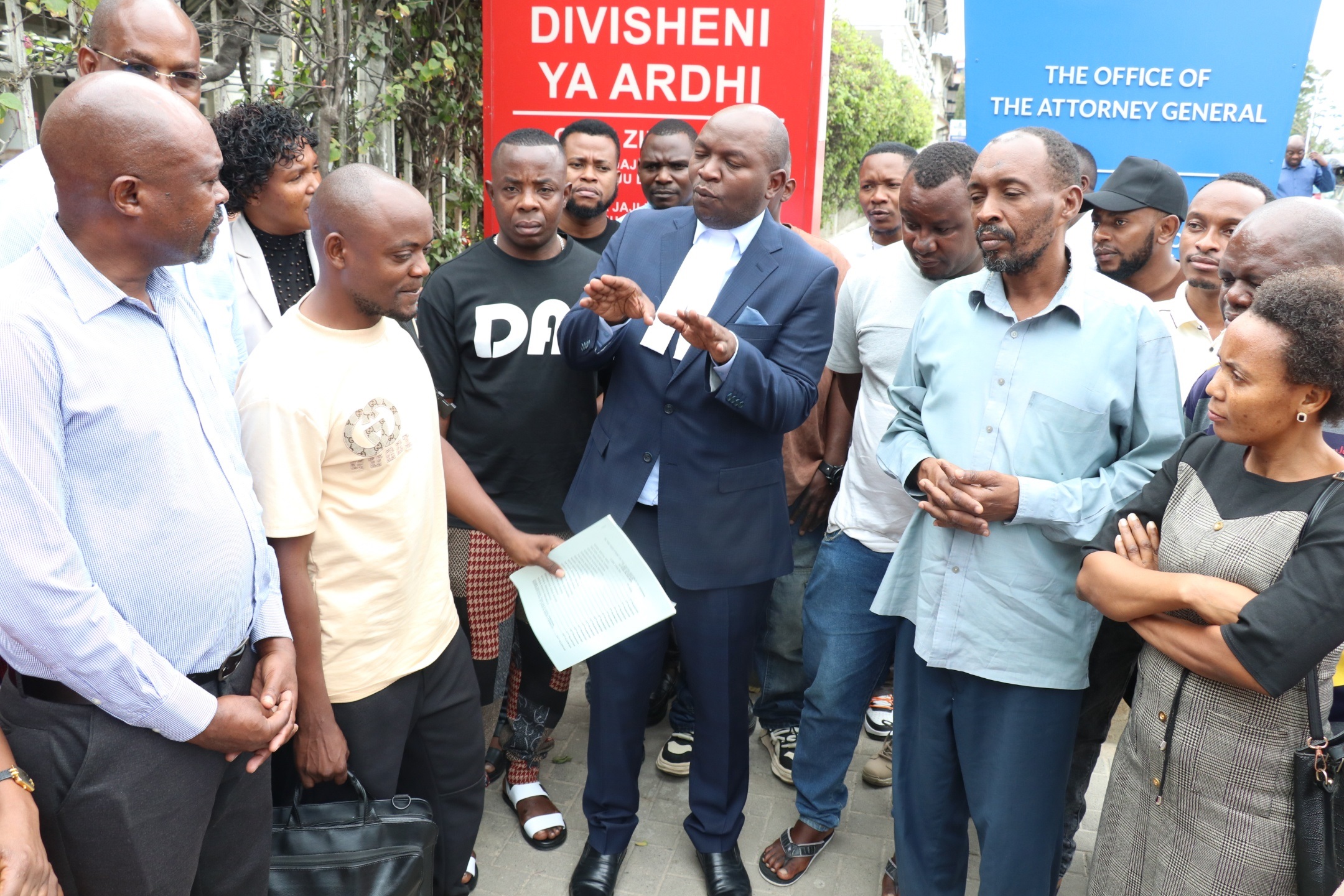Mpimbwe schools get relief with over 400 desks, chairs support
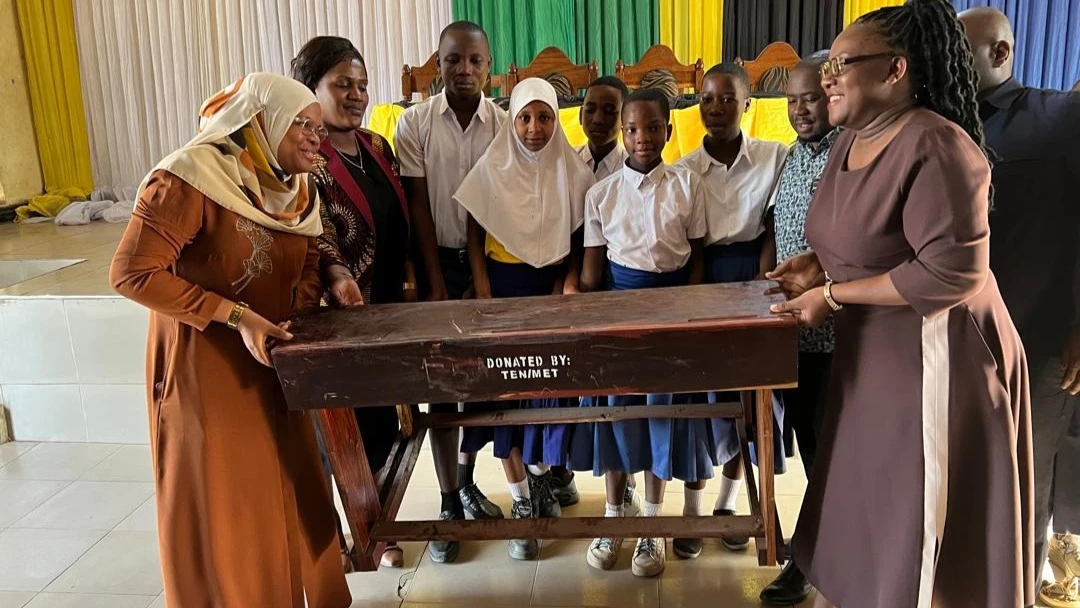
WHEN pupils at Minyoso, Mirumbe, Migunda and Ikulwe primary schools in Mpimbwe Council of Mlele District in Katavi Region, walk into their classrooms this week, many of them will no longer have to sit on the floor or squeeze three on a desk.
This comes after the Tanzania Education Network (Ten/Met) donated a total of 415 new desks and dozens of teachers’ tables and chairs to the schools, bringing a renewed sense of dignity and hope to both learners and educators.
The handover ceremony, held in Mpimbwe recently, was the fulfilment of a pledge made earlier this year during the National Education Week celebrations hosted in the district.
The 2025 event, held under the theme “Education and Skills for National Development,” called on stakeholders to invest in education that builds practical skills and prepares young people for Tanzania’s future economy.
During the May celebrations, Ten/Met committed to helping address a chronic shortage of school furniture — a problem that has long hampered learning across Katavi and many other regions.
Recently, the organisation delivered on the promise, allocating 250 desks to Migunga Primary School, 110 desks to Minyoso Primary School, 55 desks to Ikulwe Primary School, and 22 tables and 30 chairs for teachers at Mirumba Secondary School.
For pupils, this means fewer cramped classrooms and more opportunities to learn in comfort. For teachers, it signals recognition of their daily struggle to deliver quality education despite limited resources.
Mpimbwe council executive director, Shamimu Mwariko, praised the initiative as a timely intervention.
“This donation is a turning point for our schools. For years, we have struggled with inadequate desks and poor infrastructure, which has compromised the quality of learning. Ten/Met has shown us that when promises are made, they can be honoured. As a council, we will ensure these resources are well utilised, and we call on more partners to join in uplifting our children’s education,” she said.
Beyond easing congestion in classrooms, Ten/Met believes the desks and chairs will raise morale for both teachers and pupils, ultimately improving academic performance. The network sees the donation as part of its broader mission to ensure that education policies translate into real change at community level.
Martha Makala, Ten/Met national coordinator explained that the initiative aims to ease classroom congestion, improve the pupil-to-desk ratio, and enhance learning outcomes.
She noted that various reports point out that a favourable learning and teaching environment is vital in improving children’s performance in schools
Makala reaffirmed the network’s commitment to ensuring that education policies and strategies are translated into tangible improvements at school and community level.
While acknowledging that challenges in the education sector remain significant—particularly in infrastructure—Ten/Met emphasised that the donation reflects its ongoing partnership with Mpimbwe District Council.
“Quality education is not only about policies on paper — it is about ensuring every child has a desk to sit on, every teacher has the tools to teach, and every classroom is a place of dignity,” she noted.
Mariam Mihambo, a teacher at Ikulwe described how the shortage of desks affected classroom discipline and performance.
“When children sit on the floor, it is difficult for them to write neatly or focus on lessons. It also affects their self-esteem. These new desks will restore dignity in the classroom and help us as teachers to manage lessons more effectively,” she said.
At Minyoso Primary School, a pupil Alex Thomas said: “I used to share a desk with three other pupils. Sometimes we argued because there was no space to write. Now I will have enough room, and I can learn better. I feel very happy,” he said, his face lighting up with joy.
Parents in Majimoto ward, many of whom contribute through community fundraising to build classrooms or buy furniture, also expressed gratitude. Godwin Joseph, a father of four, said the gesture eased the burden on families.
“We parents do what we can, but our resources are limited. This donation shows that our children are not forgotten. It also motivates us to keep working together with government and partners to improve our schools,” he explained.
Education in Mpimbwe, like in many rural districts, faces persistent challenges — from inadequate infrastructure to shortages of teachers and learning materials. Yet initiatives like this donation show how partnerships between government, civil society, and communities can bring about meaningful progress.
Top Headlines
© 2025 IPPMEDIA.COM. ALL RIGHTS RESERVED













